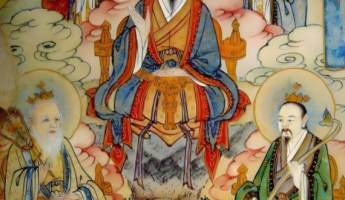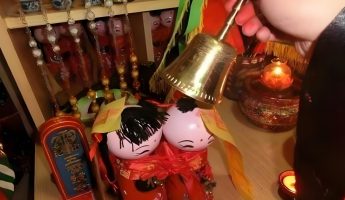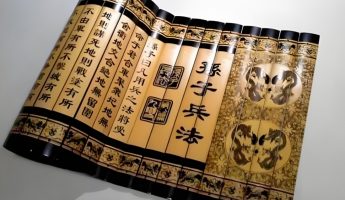In Taoism, there are also different levels of Taoists. The Taoist classic “The Essential Collection for Teaching in Taoist Schools” states that “Taoists have seven levels
One naive Taoist is known as the Great Accomplished True Man in the world
The first level cultivators are called “naive”, and the description of naive Taoists in scriptures is “in harmony with nature, pure and quiet inside and outside”. This level is the highest level of cultivation, and the Taoists in this level have already reached a state of unity with the Tao, yin and yang, with exquisite form and spirit, clear mind and pure spirit, always keeping quiet, and corresponding inside and outside.
Both Taiyi immortals are known as real people in the world
The second level cultivators are called “immortals”, who are “unpredictable and beyond the mortal realm”. It is obvious that this layer refers to Taoist priests who have ascended to immortality. Through cultivation, they eventually realize the Tao, break away from the mortal world, and become true through practice. They are unpredictable, forming when they gather and forming when they disperse.
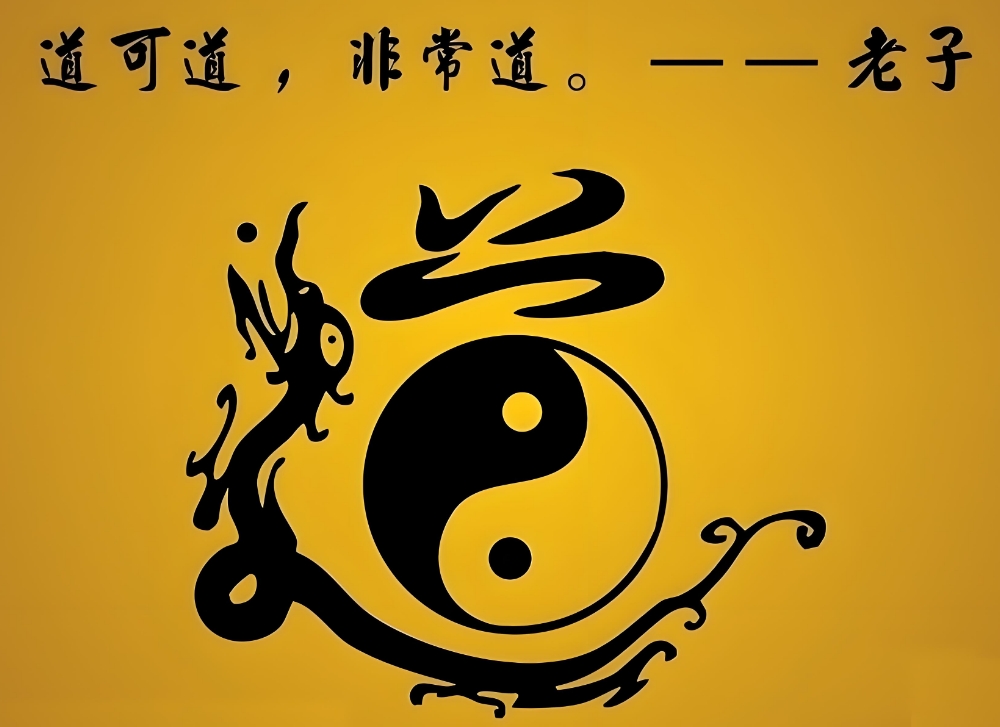
The three secluded Taoist priests are known as Gao Gong mages in the world
The third level cultivator is called “Youyi”, and Youyi Taoists are “imbued with light and radiance, free from worldly burdens”. Youyi Taoists are those Taoists who have learned advanced Taoist techniques but are hidden in the world. They carry great virtues and are not bound by the secular world. They are not confined to any particular way of life and are not burdened by worldly affairs. They are commonly referred to as extraordinary masters.
The Four Sacrificial Wine Taoists are known as Mages in the world
The fourth level cultivators are called “wine worshipers”, while wine worshipers are called “reclusive learners of the Tao, self righteous and wise”. The Taoists who offer sacrifices to wine are the Taoists who participate in large-scale Taoist ceremonies and offer incense. They understand worldly things and choose to let go of everything to serve the Heavenly Lord.
The Five Values Hall Taoist
The fifth level cultivator is called the “Hall of Value”, and the Taoists in the Hall of Value are those who “give up love and shed the hustle and bustle”. A Taoist who practices at a Taoist temple. They gave up the love of the world, abandoned fame and fortune, and chose to come to the Taoist temple to observe the precepts, practice diligently, and respect the gods.
Six Taoist priests from Huoju
The sixth level cultivators are called “Huoju”, and Huoju Taoists refer to them as “sharing the world with light, embracing the Tao and cherishing virtue”. At home Taoists, as the name suggests, are Taoists who practice at home. Although they have not officially become monks, they have the heart to pursue Taoism and regard it as their faith. However, precisely because they are in the mortal world and have experienced many tests, they need to be on par with the light and cultivate their virtues in the mortal world.
Seven Taoist priests
The seventh level cultivator is called the “Dao Tong”, who “yields to the mortal world and saves from danger and suffering”. Daotong is required to participate in various religious ceremonies and rituals, while also promoting their teachings. They have a lot of exposure to secular affairs, but at the same time, they also take it upon themselves to save lives from danger and suffering, with a compassionate heart.
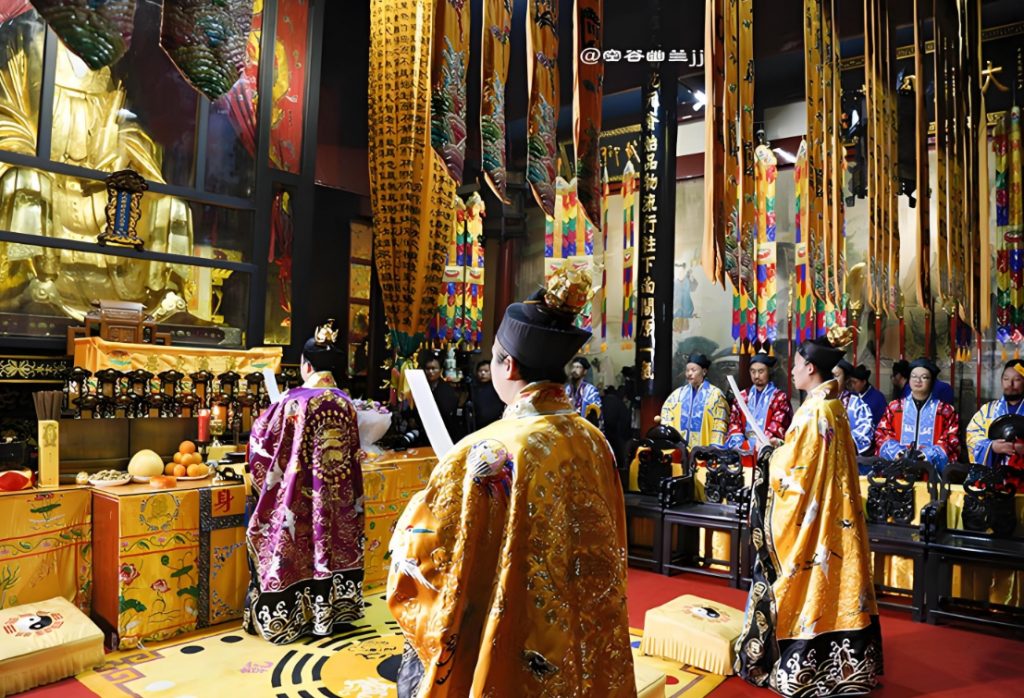
The colors of Taoist robes are divided into several levels according to their grades, including:
Purple Robe: The highest level of Taoist robe, representing supreme authority and status, usually only high-ranking officials and experienced Taoists can wear it. The purple robe, also known as the “Heavenly Immortal Cave Robe”, is usually only worn by high-ranking practitioners of Taoist temples who hold large-scale fasting ceremonies and rituals.
Yellow Robe: Represents middle and high-level official positions and qualifications, usually worn by some mid-level officials and senior Taoists. In Taoism, the yellow Taoist robe is of a very high rank and can only be worn by celestial masters.
Red Robe: Represents high-level official positions and qualifications, usually only worn by senior officials and experienced Taoists.
Green Robe: Represents junior official positions and qualifications, usually worn by some junior officials and newly introduced Taoists.
Qingpao: Refers to the attire worn by apprentices or Taoists who have not yet been commissioned or introduced.
White robe: represents innocence and purity, usually worn by personnel holding low-level positions in Taoist temples. In Taoism, white Taoist robes are also commonly used in occasions such as the underworld.
Black robe: represents the meaning of funeral and mourning, and is used in Taoist funeral ceremonies.
In addition, there are various types of Taoist robes, including coats, Deros, precepts, floral robes, and patchwork robes, each with its own specific wearing occasion and symbolism. In general, the color and grade of Taoist robes have strict norms and systems in Taoism, and different colored Taoist robes represent different identities and statuses.

